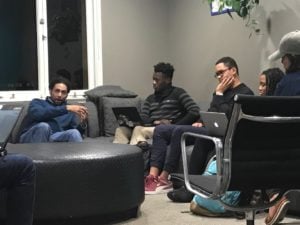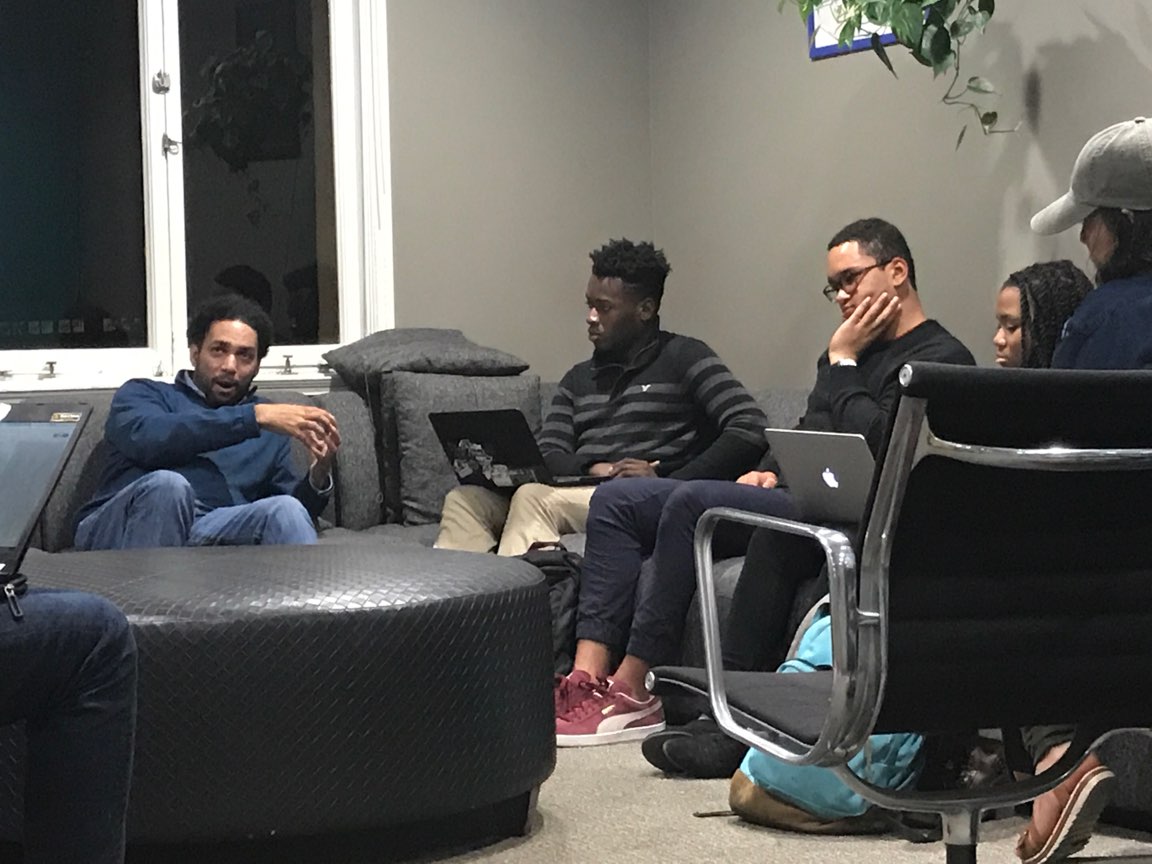During its 17th meeting, the 19th Undergraduate Senate unanimously passed the resolution to support professional development for campus service workers.

The joint resolution, authored by Senator Lizzie Ford ’20 in November 2017, was discussed in last week’s Senate meeting. In passing the resolution, the Senate reaffirmed its support for service workers’ right to a fair work environment with reasonable hours, as well as a consistent effort on the University’s behalf to support professional development.
Ford said that the “battle” for service workers’ rights has become a concern of the broader Stanford community, not just Senate.
“There is a petition that I think perfectly delineates what the workers are looking for,” said Ford. “We need to make sure our workers feel they are empowered enough to tell their own stories… R&DE needs to work with us to make sure their workers feel secure, to the point where they won’t need students to support them in expressing valid complaints.”
Senator Doris Rodriguez ’20 said that the ongoing petition, which garnered over 1000 votes in four days, will remain open for at least a few more weeks. In addition, a video series will be released starting Friday to further spread awareness and generate support for dining hall employees.
Later in the meeting, Academic Affairs Committee Chair Janique Lee ’20 invited Graduate School of Education professor Adam Banks to speak about his work as the director of the Program in Writing and Rhetoric (PWR), as well as his vision for diversity and representation in Stanford’s faculty.
Banks addressed the common perception that PWR classes – PWR 1, PWR2 and Writing in the Major – are nothing more than undergraduate requirements. According to Banks, PWR is not focused on academic writing and speaking skills alone; rather, PWR aims for students to integrate communication skills and diverse perspectives into their entire Stanford experience.
Banks said he believes that in order for PWR to be an effective program, students have to “see themselves reflected” in both the texts they read and the instructors they work with. As a result, Banks works to recruit a diverse body of new instructors — people of color, non-binary individuals and scholars from marginalized communities. However, Banks assured the Senate that he is not seeking diversity for the sake of diversity.
“We’re being intentional… whoever we are lucky enough to bring in here, there’s going to be a chance for them to build a community,” Banks stated. “We’re trying to build a climate where people won’t be the ‘only one.’ Students of color know what it’s like to be one of two, or the only one in a class, discipline or major.”
Beyond his recruitment efforts, Banks said he is pushing for PWR curricula to be more culturally inclusive by exploring the rhetorical practices and traditions of marginalized communities. At present, Banks believes there is a severe lack of diverse perspectives in academic materials.
“[Students] need to see themselves in an intellectual story,” Banks said. “We have business as usual, and then you have a day where you give the black folk, Latinx folk and the indigenous folk one reading; if we can’t figure out how to do better than that, we’ve failed as intellectuals in my opinion.”
Senators asked Banks how such efforts for diversity in both faculty selection and curriculum development could be spread to other departments on campus, not just PWR. While Banks noted the difficulty of bringing up issues in departments “already at the top,” he also expressed pride in current efforts to cultivate diversity in PWR and said he hopes that a ripple effect will follow.
“We have to build an intellectual environment worthy of the students [Stanford] brings here,” Banks said.
Contact Melissa Santos at melissasantos ‘at’ stanford.edu
